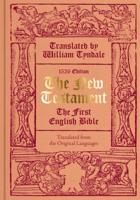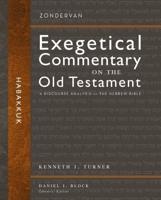Publisher's Synopsis
In our days the meaning of priesthood is questioned. The Council reminded Christians that they were all priests, because they participate in the priesthood of Christ (The Dogmatic Constitution of the Church Lumen Gentium, 10,11,34). It is clear that this doctrine calls for serious study. Moreover, today the function of priests is questioned and society demands on their part an intense renewal. If they do not wish to wander is wrong directions, priests must, first of all, be sure of the doctrinal basis of their vocation. The following pages do not pretend to point out a solution for all the contemporary problems. They are intended to help others draw near to the source of light, which, in this instance, is Christ the Priest. We cannot have a correct idea of the priesthood common to all Christians, or of the ministerial function of priest, if, first of all, we do not have a better understanding of the priesthood of Christ himself. The New Testament assists us is our quest by presenting, over and above references scattered here and there, a magnificent text which in its entirety treats this aspect of the mystery of Christ. This text is not easy to handle. Its title reveals nothing of its content and does not seem attractive. The Epistle to the Hebrews is the text in question. Why should a Christian read the Epistle to the Hebrews? is the next question. Indeed it would be better to use neither epistle nor to the Hebrews, because the author speaks rather than writes and he speaks to Christians. Were we to choose a title that would more clearly indicate its content, we would have to say the Priesthood of Christ and then point out that its message is addressed to bewildered Christians. From what the author presents, it is clear that the Christians to whom he speaks were living in difficult times. From the period of their conversion they had endured many painful trials (10,32), imprisonment, the confiscation of their goods, diverse vexations, as had so many of their brothers in the newly founded churches (cf. 1 Th. 2,14).









